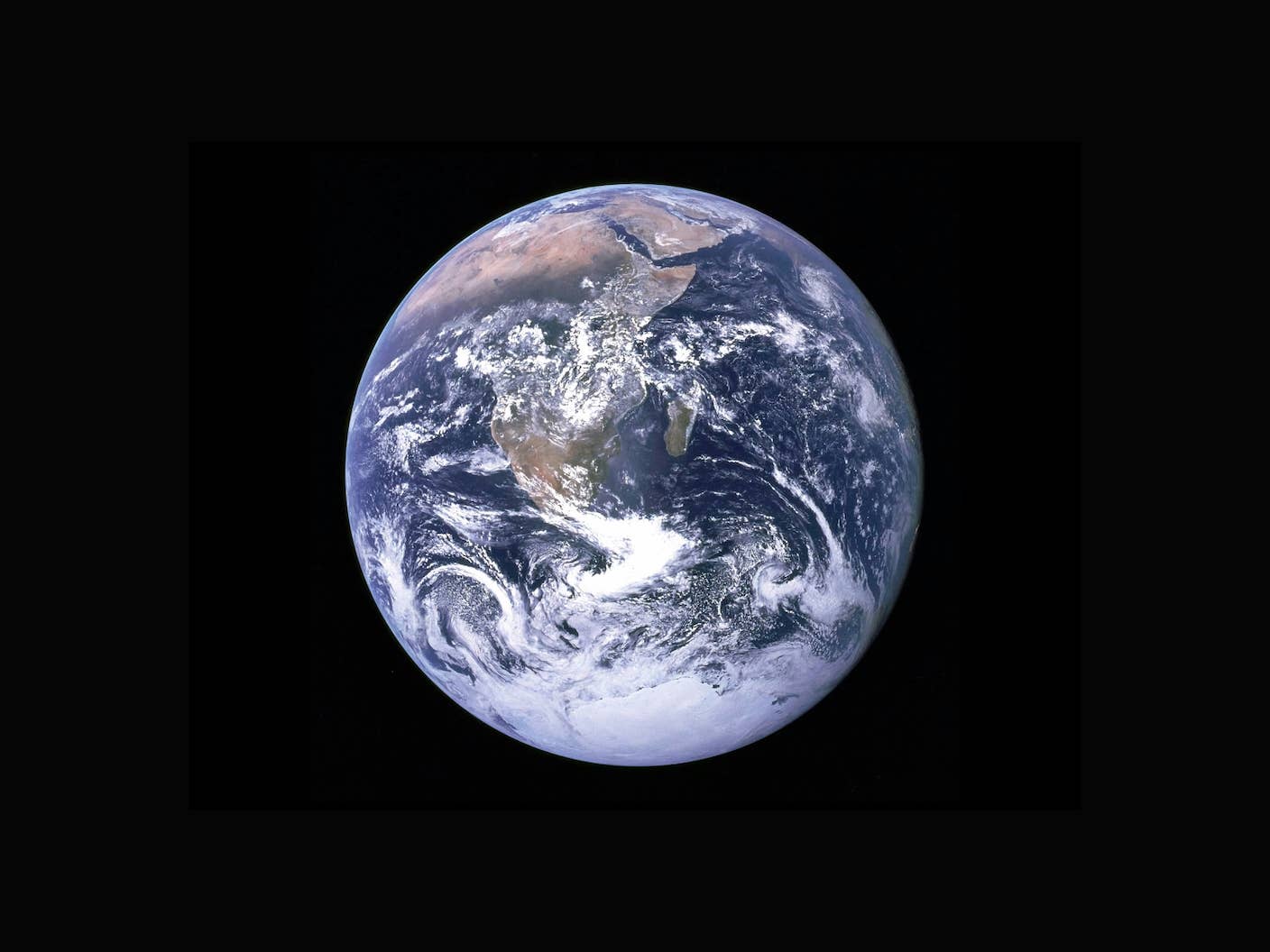Albert Brooks’ 2030 Is a Funny, Age-Obsessed 1984

Share
A good book can make you laugh or cry or think. A great book makes you do all three. 2030, the debut novel of famed comedian, screenwriter, director, and actor Albert Brooks, is an engaging look at where America is headed in the next twenty years. It's promising, but not all pretty. Cancer has been cured and new medications keep us healthy and youthful well past our 80s as pilotless planes soar through the skies and holographic TVs keep us entertained. Yet an aging tide of baby boomers has risen to dominate the US political landscape, draining resources for medical treatments to keep them alive, and pushing the nation beyond financial crisis straight into monetary despair. The newest generation of Americans is saddled with the ever increasing debt as they support "the olds". While radical youths plot the death of the elder class, the nation rests in the hands of a president who can't keep his marriage on track. An horrendous earthquake turns LA into a third world nightmare. China prepares to take over. It's a tense story, full of desperate characters looking to make something of their imperfect era, laced with insights into how our own current choices are pushing us to this bleak horizon. ...And it's completely hilarious. Check out Brooks discussing the methods behind his mad novel in the video below. It's refreshing to read a book from an author that takes the future, but not himself, so seriously.
“I’ve always enjoyed stories that take place in the future but my one disappointment was that the future books described never came. We’re not on other planets, there are no flying cars, and the only robots we have in our homes just sweep the floor. So I wanted to write about a future that I thought could really happen. People ask me when I tell them the title of the book, ‘Are we all dead?’ The good news is, no. We’re still here. And I even think the future in my book is strangely hopeful, although I’m sure there will be people who strongly disagree.”
- Albert Brooks on what inspired him to write 2030
Like many great science fiction authors, Brooks uses the realities of today to shape the possibilities of tomorrow. His 2030 isn't a future full of jetpacks, ray guns, and robot menaces. Instead humanity has made good on the promises of technologies we already see in 2011. In the next twenty years, we've cured cancer, healed bones, and repaired our skin so baby boomers can look better at 85 than they did at 40. None of those advances will strain the credulity of Singularity Hub readers who watch the steady stream of research in the fields of stem cells, genetics, and regenerative medicine. To Brooks, these age-defying sciences represent an amazing benefit to the human race, turning the ends of our lives into truly golden years.
Of course, they come with a price. The crux of 2030 seems to rest on a very simple question: what will happen as the population of the US is allowed to age indefinitely? Not an ideal mind you, nor the worst possible scenario. What would happen to the US, as you know it today, continues apace for two more decades unshaken from its course of age-fighting medicine? Brooks seems pretty sure we'd f*ck it up. The troubles of 2030 are shaped by bad politics as much as they are by amazing technology. We let the gap between rich and poor, old and young, expand so that only the elders (bolstered by medicaid and social security) can afford to stay healthy. High prices in education and ridiculous interest rates keep the next generation from investing in college, struggling to make ends meet with the jobs they can get quickly. In short, for the first time in history the US raises a generation (or two) whose future looks bleaker than that of their parents.
Whether you find that preachy or prescient, Brooks doesn't disappoint when it comes to wrapping his premise in a fun adventure that's easy to swallow. From the suburbs of Indiana to the halls of the White House to the ruins of Los Angeles, he takes you on a grand ride, full of rich cast of characters. We meet realtors, retirees, Nobel Prize winning scientists, youthful rebels, Chinese industrialists, conniving lobbyists, and the first Jewish President (this is a Brooks production after all). Their lives and dialogue are rife with delightful jokes that only make the underlying serious of the book more poignant. Much of the humor comes from understanding how 2030 blends enough truth in to make the ridiculous seem plausible. Drivers can't go down the street without their GPS, there's a pill for everything (one to make you thin, another to make you sleep, and another to make you energetic), we have wristwatch video phones but haven't figured out how to have private conversations on them, and China's so tired of lending the US money they've started offering to buy it outright.
Such is the reality of Brooks' 2030. I'm not sure how much I'm willing to buy his tongue-in-cheek description of the decades ahead, but it doesn't matter. Whether or not the US focuses on keeping the old young so fervently they forget about the true youth of the nation, whether or not China becomes the pinnacle of production in the world , whether or not we turn cruise ships into floating retirement castles the book is still a delight to read. From now on, I may request that all my futurism comes complete with a heaping spoonful of comedy to help the medicine go down. Pick up 2030 today, you'll love the way it makes you laugh and worry at the same time.
Be Part of the Future
Sign up to receive top stories about groundbreaking technologies and visionary thinkers from SingularityHub.


But don't take my word for it...here's Albert Brooks on the Daily Show describing his premiere novel.
Image credits: albertbrooks.com
Source: 2030
Related Articles

Data Centers in Space: Will 2027 Really Be the Year AI Goes to Orbit?

How Scientists Are Growing Computers From Human Brain Cells—and Why They Want to Keep Doing It

Scientists Say We Need a Circular Space Economy to Avoid Trashing Orbit
What we’re reading
